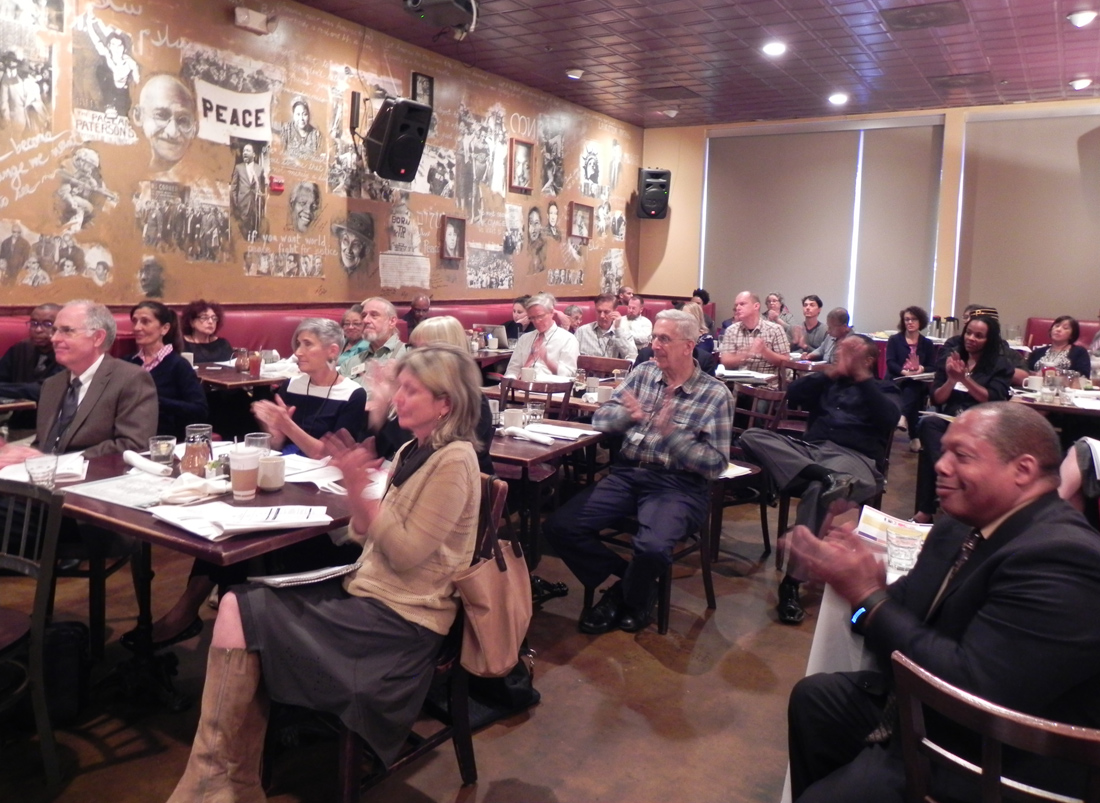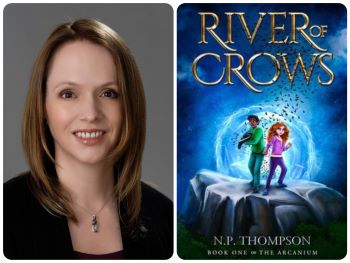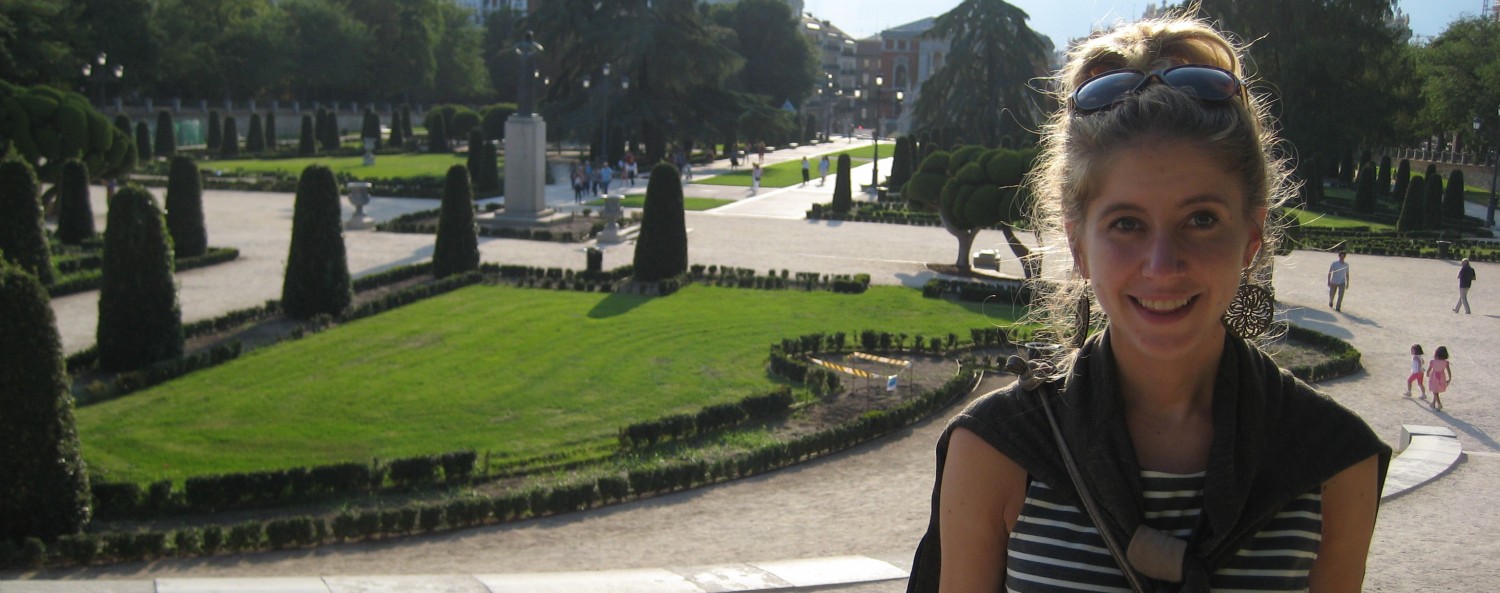It’s not uncommon to think of change in the city as bad. One of D.C.’s leading planners, Jerome Paige, thinks otherwise.
“The premise now is that Chocolate City is disappearing, and that has to do with a sense of being left out, and pride in local identity. But the 1980’s were a period of black suburbanization for DC, just as the 60’s and 70’s were a period of white suburbanization,” Paige said. “That’s why people started calling Montgomery County, Maryland DC’s ‘Ward 9’. The way I think about it is we don’t need to try to be Chocolate City, but Cosmopolitan DC… Urban out-migration and In-migration hasn’t stopped. We need a language that helps get us to where we need to go – stabilized neighborhoods and help for people who want to stay, to stay,” whether it’s Shaw or Chevy Chase.

Jerome Paige
Paige is the consultant, hired by Humanities DC and the DC Office of Historic Preservation, working to develop the new DC Living Heritage Network (DCLHN.) The DCLHN is a coalition of organizations that work on heritage, culture, and local history and they include the Historical Society of Washington, DC, the DC Preservation League,ONE DC, Black Broadway on U, Howard University, and the Anacostia Community Museum, among many others.
The concept for the DCLHN was developed by Humanities DC in response to legislation by Councilmember David Grosso mandating development of a new cultural plan. The original legislation for the cultural plan called for an Arts plan, and the DCLHN was organized to ensure that the process include the Humanities. Humanities DC is a grant-making organization that supports Humanities and Heritage programming.
DC’s cultural planning process has just started, and the Office of Planning is launching a series of public forums to receive stakeholder input.
“If you’re really going to talk about culture you have to include humanities, heritage and preservation; you can’t just talk about arts… when we talk about culture, we tend to talk about it in terms of the arts. That has to stop. What the DC Living Heritage Network has been doing [is saying], ‘let’s begin to reframe our language’,” Paige said.
In the late 1980s and early 1990s Paige worked on the DC History and Public Policy Project, through which he performed research and analyzed the effects of neighborhood change and gentrification. The city was changing significantly even in the 1980s, Paige says, and in some ways the DC Living Heritage Network aims to address similar issues.
Paige’s enthusiasm for data and history is contagious and he speaks about economics and city planning with the gusto of a college professor — which he in fact is. Paige has been an instructor and administrator at the University of the District of Columbia, the University of Baltimore, and the National Defense University.
Paige grew up in a politically engaged family in Philadelphia, and while he says there was no one moment of civic activation Paige’s father ran a series of small businesses and he reported seeing first-hand the importance of engagement at the neighborhood level. Paige came to DC in 1965 as a freshman at Howard University and has been a resident since then. He and his wife raised a daughter in the city.
The DCLHN addresses a tendency to frame the Creative Economy around the arts, with an over-emphasis on supports for design, culinary, visual and performing arts at the expense of other facets of local culture.
“What’s getting left out is… the storytelling, the civic discussions, the neighborhood histories, the preservation of neighborhood stories, family histories, genealogies; the ways in which people are using conversation and culture at the local level to help people understand themselves, their families and what’s going on,” Paige said.
“The ways we produce, distribute and consume culture drives lots of the new economic activity in our cities and… the major benefit of the network is to collaborate and share resources.”

Jerome Paige and attendees at one of the DC Living Heritage Network’s monthly meetings.
The Network has already won its first battle: the RFP for the Cultural Plan noted that the plan is to include not only the Arts but also Humanities.
Paige encourages residents and organizations interested in seeing increased support for Humanities and Heritage projects through the Cultural Plan to participate in upcoming Living Heritage Network meetings, which occur monthly. To participate, Paige suggests emailing Louis Hicks, Grants and Special Projects Manager at Humanities DC, at LHicks <at> wdchumanities.org.
“Culture is more than a series of institutions. And for us, we feel that for the cultural plan to be successful it needs to provide support for everyday aspects of life. We are promoting neighborhood-based humanities and heritage and preservation ‘by-and-for-locals’. We’re trying to stimulate conversation and make sense out of all the physical, social, economic, and demographic changes unfolding,” Paige said.
This article was originally posted on Urban Scrawl.





No Comments